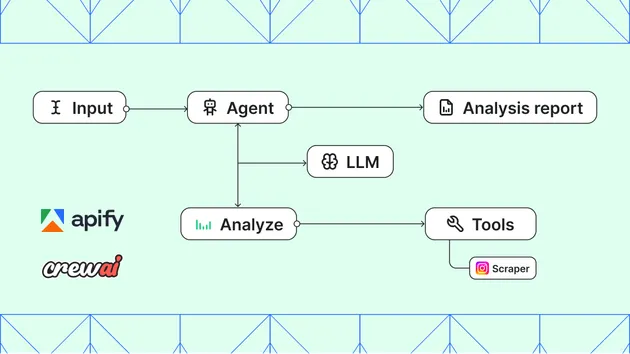Pay per event example
Pricing
Pay per event
Go to Apify Store
Pay per event example
This is an example pay-per-event Actor. When running it, you don't pay for the underlying platform usage, just for the Actor start event, and trivia facts it generates.
0.0 (0)
Pricing
Pay per event
3
7
2
Last modified
a year ago



